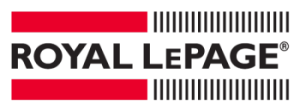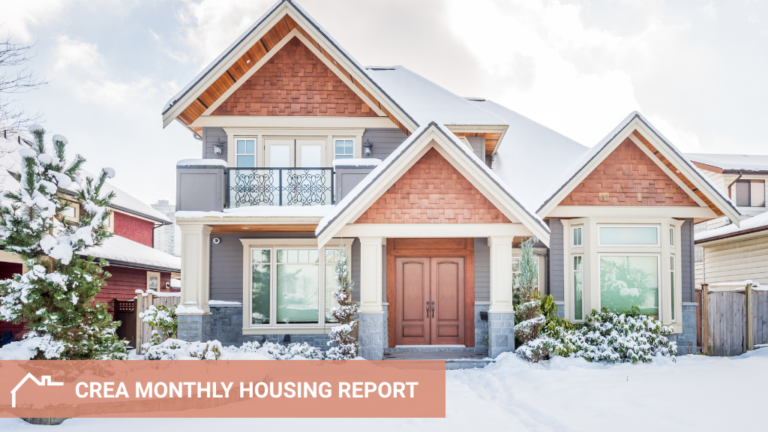
Buying your first home is surely a major milestone, which can be full of excitement, but also some anxiety. From mortgages and down payments, to government programs and house hunting, there’s a lot to take in.
Luckily, it’s easy to understand how to buy your first home with the right tools and expertise. The first step on the journey is to make sure you’re financially ready to purchase your first home.
When buying a home, everything comes down to your wallet. Your monthly income, debts, and credit score will determine the size of the mortgage you qualify for, which will decide what kind of home you can buy and in which location.
Here are five financial factors to consider on your path to home ownership:
1. Assess your fixed and variable expenses
To get a clear picture of the type of home you can afford, you need to understand your finances, which includes net income, expenses, debts, and your credit score.
First, determine your monthly income and expenses, both fixed and variable.
- Monthly net income: This includes your after-tax, take-home income. This also includes other income sources like commissions, bonuses and dividend profits.
- Fixed expenses: These are regular, monthly expenses like rent, car loans, insurance fees, utilities, etc.
- Variable expenses: These expenses can change from month to month, like groceries, gas, pet care, and discretionary spending, such as dining out, concert tickets, personal care, and other lifestyle expenditures.
2. Calculate your debt-to-income ratio
When assessing your finances for a mortgage, a lender will consider your debt-to-income (DTI) ratio to determine your borrowing risk. The lower the percentage of your DTI, the better.
To calculate your DTI, divide your total monthly debt payments by your gross monthly income. This includes debt such as car payments, student loans, rent and utilities. If your DTI ratio is above 50%, you may need to take steps to lower your debts and expenses to improve your ratio.
3. Conduct a credit score check
A solid credit score is vital for first-time homebuyers. Usually, a score above 660 is good, and will improve your odds of accessing your preferred mortgage products, but a score above 760 is ideal, giving you the best offers and credits available.
By checking your credit score before pursuing a mortgage loan, you can assess what areas may be helping or hurting your score, such as a missed payment or outstanding balance.
4. Understand a pre-qualification vs. pre-approval
Before you get your heart set on a home, it’s important to differentiate between a mortgage pre-qualification and a pre-approval.
Essentially, pre-qualification is a general (sometimes self-report) estimate of your finances, showing a ballpark range of a mortgage and interest rate you would qualify for today. This can help you to narrow down your home search to property within your price range. A pre-approval is an official assessment by a lender into your financial situation, which will show you the actual mortgage size and rates available to you.
5. Determine your down payment and closing costs
Besides the sale price and mortgage payments, there are other visible and hidden expenses that you need to consider when it comes to buying a home. Down payments and closing costs are the main two.
- Minimum down payment requirements: Your down payment can range from as little as 5% to more than 20%, depending on how much you have available to put down. Any homes purchased over $1 million in Canada require a minimum 20% down payment. Homes purchased with less than 20% down will require mortgage insurance.
- Closing costs and fees: You should estimate that closing costs will equal approximately 3-4% of the purchase price, including legal fees and land transfer tax. Plus, there are additional costs related to moving, inspection, etc. you should prepare for.






